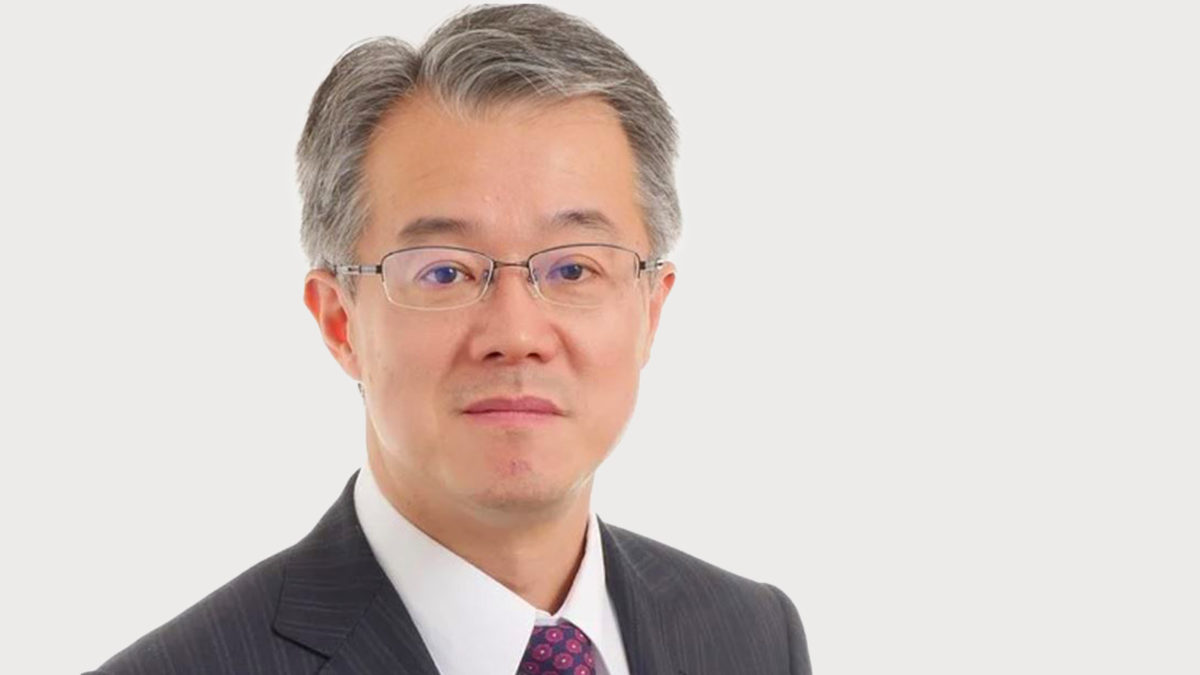Why Frontier wants to be big in Japan
The homegrown asset consultant is taking its first tentative steps offshore with an eye to servicing the real assets niche of Japan’s pension market. But it’s consolidation among Frontier’s biggest clients that’s really driving the move.
Frontier Advisors has opened a Tokyo office and hired Yuichi Alex Takayama (photo at top) from Misaki Capital to head it up as it looks to expand its presence in the APAC region. The asset consultant has had an ambition to move its business into Asia for some time, and began its “journey” in 2015 with work in Japan and Korea. Both of those markets are the two most institutionalised pension markets in the region, says CEO Andrew Polson, making it an easy match. But the real driver of Frontier’s journey overseas is the ongoing consolidation of its largest clients.
“As we’ve looked at the superannuation market for a long time and ultimately seen that it needed to consolidate, part of our thinking for the firm has been to export some of the skills we’ve employed in local superannuation funds to like-minded types of institutions in our region,” Polson said.
“Like any company, when you see a market go from circa 160 funds down to wherever it’s going to get to, yes you’re going to do more with larger institutions but there’s going to be fewer institutions. The great thing about the market for us is that they’re very sophisticated institutions compared to global peers; the challenge for anybody playing in that market is that there’s fewer of them. So extending and exporting your skills is going to be an important part of your future strategy.”
The Japanese funds have largely been bond and cash investors, but they’re now starting to extend their strategies into growth and global assets. Frontier doesn’t want to compete head-to-head with the other large consultants already operating in Japan in terms of a broad offering, and will instead focus on taking the niche of real assets for its own.
“Our sweet spot and the strategy we’ve landed on is taking this real asset service to more institutional clients in the first instance, and over a time of travel experience in those markets we think that’s a logical strategy for us,” Polson said. “We’re really enthused about what we can do in Japan.”
Frontier has been sharing its research on private asset valuations and renewables with Asian investors over the last two years, and its relationships in Japan now span the pension funds, large insurers, fund manager “gatekeepers” and smaller organisations dealing with the regional banking market. Polson anticipates that the team will be relatively small at first – two or three people – and largely focused on sales and marketing, with most of the intellectual property developed in Australia.
“I think in time we’ll grow that capability, but the core of our research and technology capability will still be developed here,” Polson said.
Japan is just Frontier’s first step into the region; it’s a deeper, broader pension market, but the organisation will “probably look beyond Japan in short order” – first to Korea, then potentially even through to China. It’s been interested in Hong Kong, but its recent “trials and tribulations” make an office there less attractive.
“Tokyo makes more sense, and the Tokyo Metropolitan Government is doing a lot of work to attract the foreign financial services companies to its market,” Polson said. “It sees Hong Kong’s challenges as an opportunity, much like Singapore sees Hong Kong’s challenges as an opportunity. There are some pretty good supports there for us, which we’ve been finding as we establish our business.”
Frontier is the first of the domestic institutional consultants to go offshore, though international firms that have a presence here, including Mercer and Willis Towers Watson, already have established Asian offices. The jury is out on whether the same conditions that have driven Frontier’s push offshore will see other homegrown asset consultants do the same, but Polson says “the more that export their capabilities, the better for our industry.”
“We’ve been a very successful domestic generalist that’s got global reach, but that domestic market is limited in size, and that’s just the nature of Australia… Australia is recognized in our region as a progressive market with progressive regulation as well as very capable investors, so I think any Australian institutional businesses will be well received in our region.”











